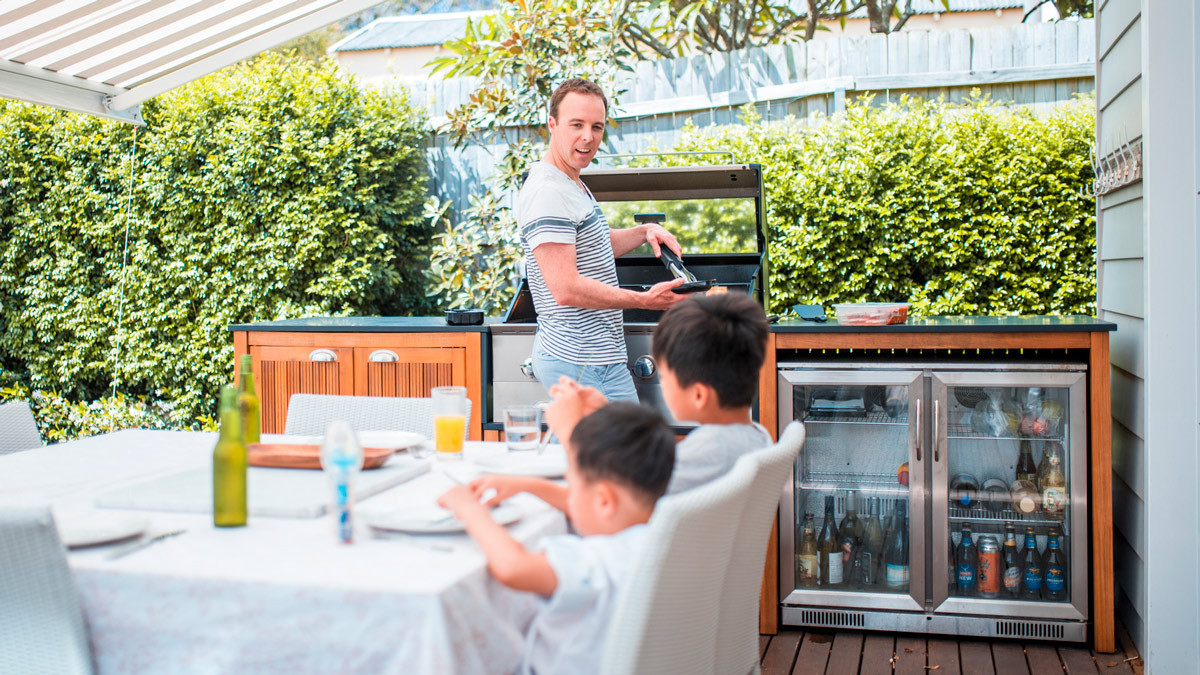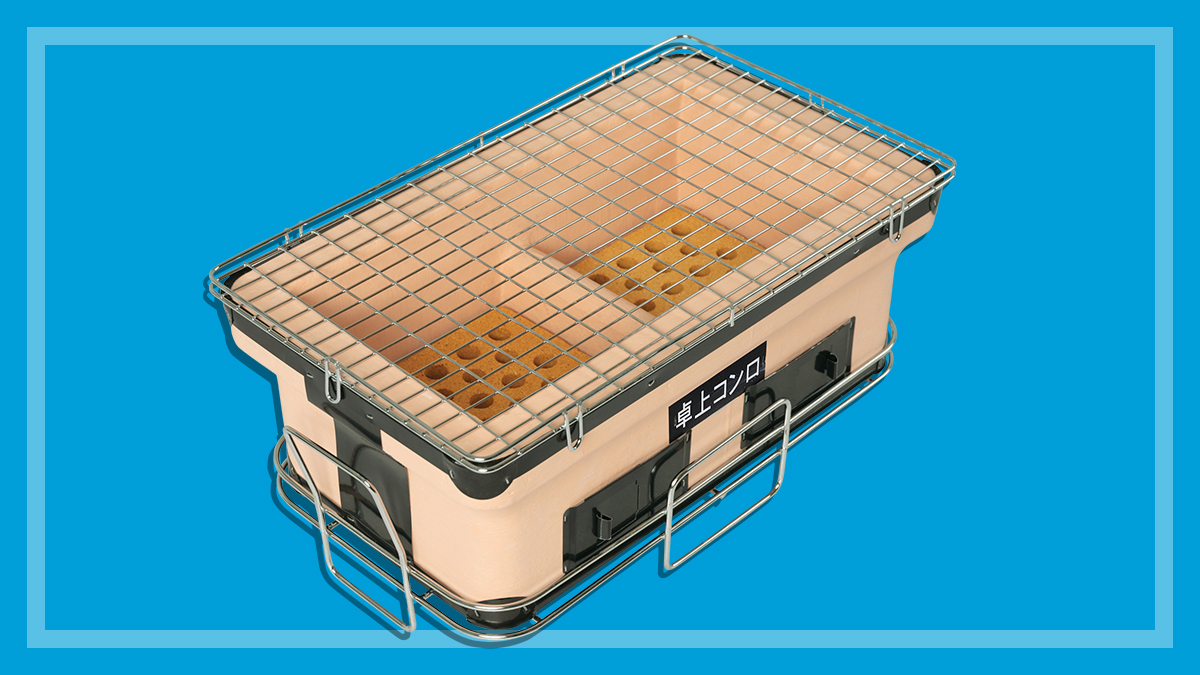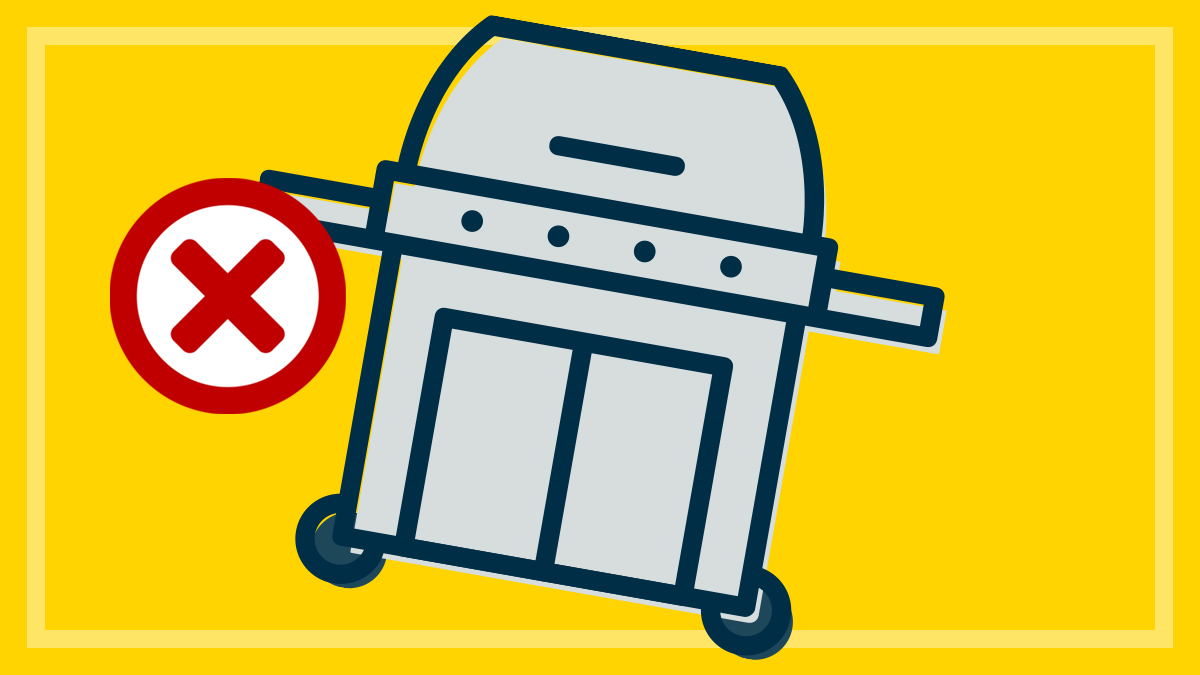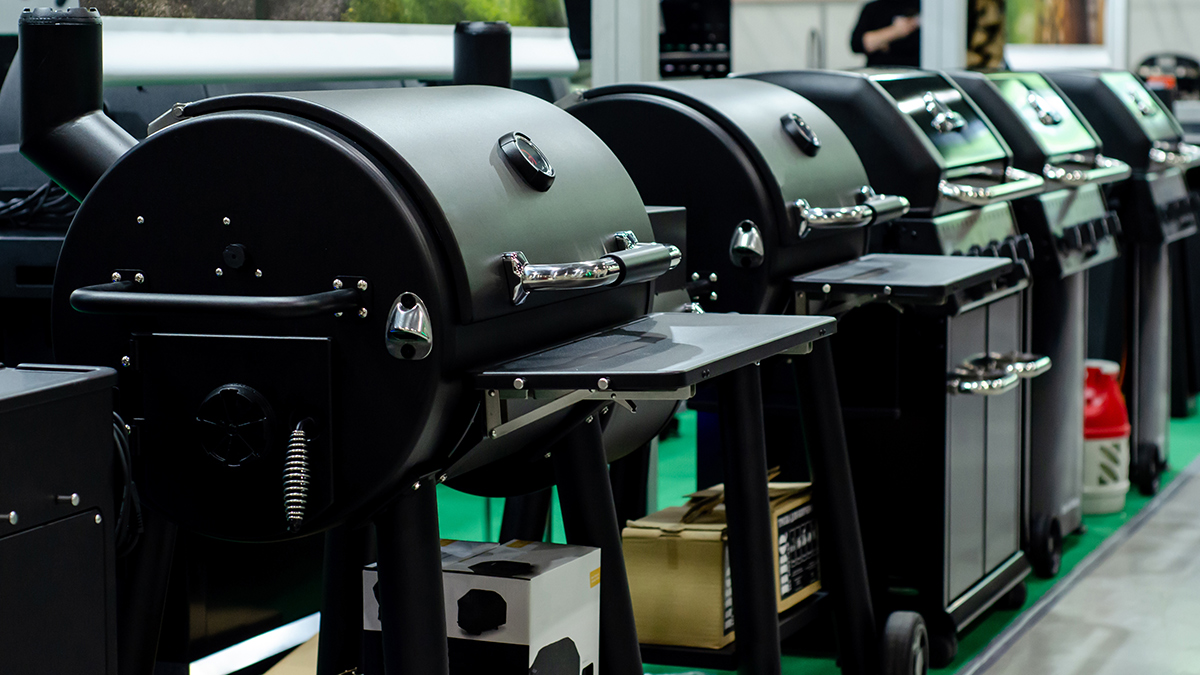Get our independent lab tests, expert reviews and honest advice.
A guide to cleaning your barbecue
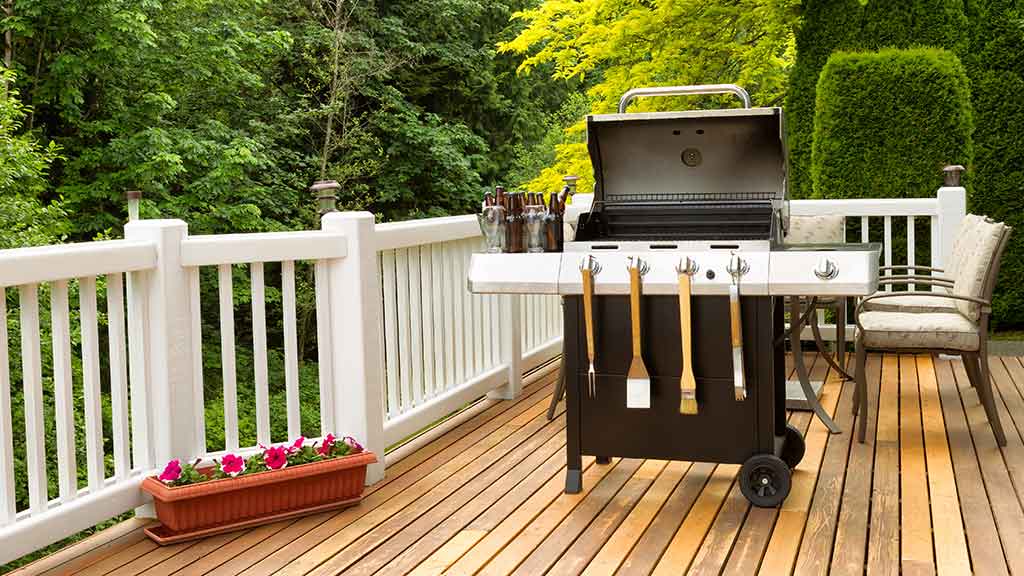
Cleaning and maintaining your barbecue is important to keep it functioning at its optimum level – and ensure you get through endless hours of entertaining.
On this page:
- How to prepare your barbecue for first use
- How to clean your barbecue after every use
- Cleaning the outside of your barbecue
- How to give your barbecue a yearly clean
- Potential safety hazard of using grill brushes
- Tips to minimise mess
Following some simple instructions and devoting a little time to cleaning your barbecue will save you laborious cleaning in the long run, and will make sure your barbecue is in tip-top condition every time you use it. Your future self will thank you.
Our resident home economist Fiona Mair has been testing barbecues for more than 15 years and knows a thing or two when it comes to keeping them clean. Read on for her tips and tricks.
Interested in buying a barbecue but not sure where to start? Check out our barbecue buying guide to find the best one for your needs.
How to prepare your barbecue for first use
You’ve just set up your brand new barbecue – congratulations! – and you’re itching to fire it up for the first time.
Before you jump the gun to grill your snags and steaks, it’s important to take a look at the manufacturer’s instructions. It’ll often list some requirements for preparing your barbecue for the first time. These requirements often ask you to:
- Remove the protective coating on the hotplates. The coating protects them from rusting during transport and storage.
- Wash the hotplates in warm soapy water and dry them thoroughly.
- Season the hotplates. Some manufacturers recommend seasoning the hotplates by coating them with vegetable oil and turning on all the burners on medium-high heat for about 20 minutes.
How to clean your barbecue after every use
When you’re busy entertaining, it can be tempting to turn off the barbecue and walk away to enjoy your sizzling hot meat, promising yourself you’ll return to clean it before dessert.
If this sounds like you, then you’ll know that when you eventually get back to the barbecue, you’ll spend twice as long getting it clean. Read our tips to save you the time and headache.
How to clean your barbecue after every use
1. It’s always best to clean the BBQ while it’s warm. Quickly scrape it down with a non-scratch scrubber.
2. Place a stainless steel bowl of water in the BBQ, turn the burner to low, close the hood and walk away to enjoy your meal. Don’t forget to return once you’ve finished eating. The steam created will make it easy to wipe the hotplates, side panels and under the hood with a paper towel.
3. Don’t wash the hotplate in an attempt to make it look new. You actually need the fat/grease from the previous cook to protect your hotplate from rust.
4. Simply scrape food particles and excess oil from the hotplate. You can even wipe over it with a paper towel but don’t remove all the oil.
5. If you have to see the BBQ sparkly clean, remember you’ll need to re-season the hotplates with oil to protect them from rust.
6. If you live near the ocean, your cast iron hotplates will be more prone to rusting. You may want to consider a BBQ with stainless steel or enamel hotplates instead.
7. Check the drip tray. If necessary, remove and replace the foil and fat absorbent material.
Cleaning the outside of your barbecue
Keeping the outside of your barbecue clean is equally as important as cleaning the inside. An exterior with an enamel coating will be much easier to wipe over and keep clean.
A stainless steel exterior can be difficult to clean and more prone to rusting and tea staining (a brown discolouration that appears where the surface is hottest, like inside the hood), despite how well you protect it from the elements. Here are our tips.
- Clean stainless steel exteriors with hot water and vinegar or a stainless steel cleaner.
- Reduce tea staining by washing the exterior regularly with warm soapy water or a stainless steel cleaner.
- Keep your barbecue under cover away from the elements.
- Use a barbecue cover.
- For fat splatters and fingerprints, use an all-purpose cleaner or warm soapy water.
- For the side tables, hood and warming rack, clean with a sponge and warm soapy water or an all-purpose spray. Do not use an oven cleaner.
How to clean your barbecue
How to give your barbecue a yearly clean
It’s a good idea to give your barbcue a good clean and service once a year. Here’s how to do it yourself.
1. Remove all the parts inside the barbecue.
2. Disconnect the gas supply and any electrical connections.
3. Clean the hotplates, chargrill plates, flame diffusers and warmer racks by placing all of the parts in a tub of warm soapy water. Alternatively, you can use a barbecue cleaner.
4. Dry all parts thoroughly. Coat them with cooking oil and burn off if necessary.
5. Stainless steel parts can be soaked in warm water and laundry powder for one hour before scrubbing with a scourer. Rinse and dry thoroughly.
6. You can use a pressure cleaner but care needs to be taken to avoid burners and gas connection areas. You’ll also need to use a degreaser first.
7. Leave the barbecue to dry thoroughly in the sun before assembling again.
8. Once assembled and the gas is connected, turn on the barbecue for 15 minutes and season the hotplates as recommended in the manufacturer’s instructions.
Note: if you’re not up to the task, there are some mobile services that’ll come out to provide servicing, maintenance, cleaning and any repairs.
Potential safety hazard of using grill brushes
A grill brush can be a practical tool for cleaning your BBQ, but if you leave it hanging off the BBQ exposed to the weather and use it often, it can wear down quickly. More concerning is if the stainless steel and brass wire bristles loosen. These sharp bristles can break off and get left behind on the grill plate and potentially stick to your food when cooking, posing an ingestion hazard.
So, before you get started on your next BBQ, check your brush for damage and the grill plate for any bristles that have fallen off. Discard the brush immediately if it’s not up to scratch.
If you’re set on using a grill brush, it’s best to replace it every summer, especially if you’re using it often. However, there are alternative cleaning tools – consider buying a pumice stone (or grill block) or a coil-shaped bristle-free brush. Always remember to check the manufacturer’s instructions first for their recommendations.
Tips to minimise mess
- Keep on top of it. Clean your barbecue after every use.
- Never cover hotplates with foil.
- If you’re cooking a roast or marinated meats, use a foil baking tray to minimise mess.
- If you’re cooking fish, seafood or other delicate foods, cook them in foil pouches.
- Have you considered using Teflon-coated sheets? You can buy these in various sizes. They cover your hotplates and can be cleaned in the sink after use.
- Line the drip tray with foil and cover with a fat-absorbing material or kitty litter. Alternatively, you can line the drip tray with small foil trays.
- If you’re cooking meat, you only need to lightly coat the meat in oil before cooking. There’s no need to oil the whole hotplate.


